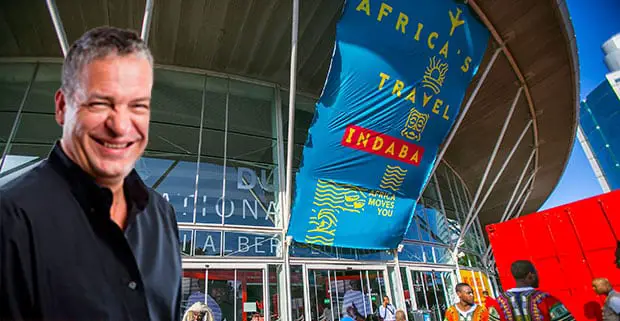Online travel bookings on the up
More and more connected South Africans are opting to book their holiday accommodation online. While 2012 holiday season bookings showed a steep upward trend, consumers are re-evaluating their budgets and tightening their belts on holiday accommodation spending, writes Roxy MacNaughton.
According to SafariNow.com’s CEO Matthew Swart, their busiest booking quarter in 2012 was September, October and November with the majority of these bookings having check-in dates in December, the busiest period for actual travel. Compared to the same quarter for 2011, online accommodation bookings grew by 38 percent.
“Whilst bookings are up and South Africans clearly chose to not stay at home last year, it does seem that they’re more conscious about how much they spend on holiday accommodation. The overall spend per trip is down by 5% with the average booking value estimated at about R2,200 per stay,” says Swart.
Swart was referring to a statistical anlaysis of his online booking engine website, which showed that Families going on holiday account for almost 45% of total bookings, followed by Couples at about 37%. The one category which saw significant growth was Solo Travellers with the number of bookings almost tripling to 18% compared to 2011.
The data further reflects that most online bookings are done during business hours. Consumers start booking as early as January for their next December holiday, but bookings peak in November with a rush seen in the first half of December. “The most popular December check-in date is the 15th. As plans are presumably in place, the 16th of December until the second week of January is usually a quiet time for enquiries and bookings.” adds Swart.
The December 2012 period revelaed the Western Cape as being a firm favourite as a holiday destination and accounted for just over 30% of overall festive season bookings. This was followed by KwaZulu-Natal at about 16%, the Eastern Cape at about 10%, Northern Cape at 9% and Gauteng at almost 8%. South Africans also looked beyond the country’s borders by exploring Africa to get their holiday fix: Mozambique was by far the most popular African destination, with bookings increasing by 52% compared to 2011.
Swart adds that the majority of the 18,000 establishments listed on his website were booked out for the December holiday period.. This indicates that travellers are moving away from traditional hotel bookings and prefer having a personalised or self-catering experience.
Swart expects that more South Africans will turn to online bookings in the coming years.
“With the current economic climate domestic travellers are conscious of their spending so they want to shop around for the best available deals. Booking online gives them the widest range of options with the least amount of effort – they want to be able to find and book their accommodation in just a few simple clicks.”
He says that establishments are also realising the benefits of listing their properties via online accommodation booking sites.
“We’re adding about 30 new establishments every day. It shows that establishments are realising that online travel bookings present an untapped market of potential travellers who they would not necessarily be able to reach through traditional marketing activities.”
Swart predicts that e-Tourism will become one of the strongest players in the South African tourism economy. “As travellers become ever more savvy and comfortable with online bookings, online travel sales may very well surpass offline sales in the coming years – a strong trend already seen in the US, Europe and Asia.”
| Online travel trend predictions for 2013Experiential travel will become more popular: Consumers want out of the ordinary, unique and personalised experiences. They’re time-constrained, price-sensitive and they want choices. Long-tail establishments (independent accommodation suppliers who were previously unrepresented on the internet) will benefit greatly from this trend as consumers start discovering their offering.
Travellers will become even more social: Consumers engaging with social sites are more likely to convert to bookings and they will become far more interested in finding the opinions and reviews of their fellow travellers. Social will also amplify consumer complaints and bring about transparency between supply and demand in a very fragmented market. The power of collaborating with Google: Google will become a more meaningful player in travel via their new Hotel Finder product. However, they will continue to rely on local transaction booking sites like SafariNow.com to fulfill their customers’ bookings. For more information visit: http://www.safarinow.com. |




